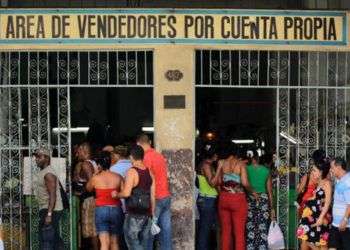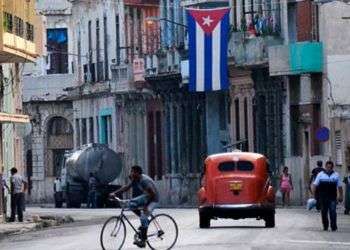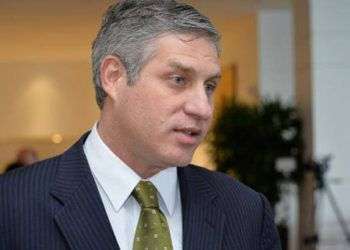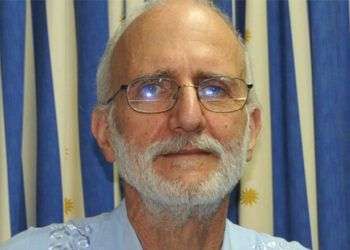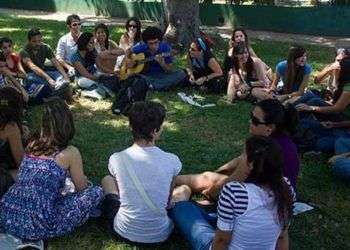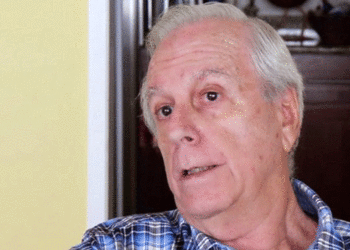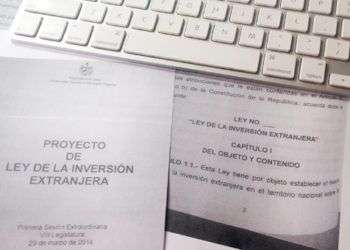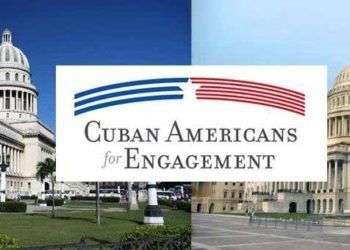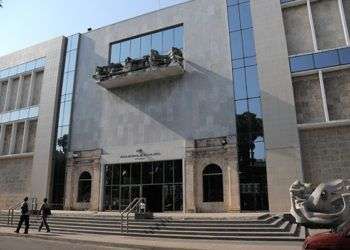I never learned anything by talking
It’s hard to get hold of him. Between his work as a journalist for CNN, his talks and promotion for his books, and the countless dreams that engulf him, we’ve had to postpose our interview three times. Finally, we get him on the telephone; I’m in an office, and he’s at the airport, where he spends “almost a quarter of my time,” he tells me. Ismael Cala is a Cuban “from Santiago”—as he always emphasizes—who studied art history and who one fine day discovered that communication was his true vocation. He did some stringing for his provincial radio and television stations and eventually became the host of the local newscast. He was still so young that “the make-up artists had to paint a moustache on me.” In the Cuban capital, his career took off. On the radio he hosted the show “From 5 to 7” during the salsa music boom, and he made it into the most popular show of the hour. He also was a central figure in the return to TV contests, on programs such as “Who Knows?” and emceed dances at nightclubs like the Aché and the Hotel Capri’s Salón Rojo. He moved to Toronto and studied...







